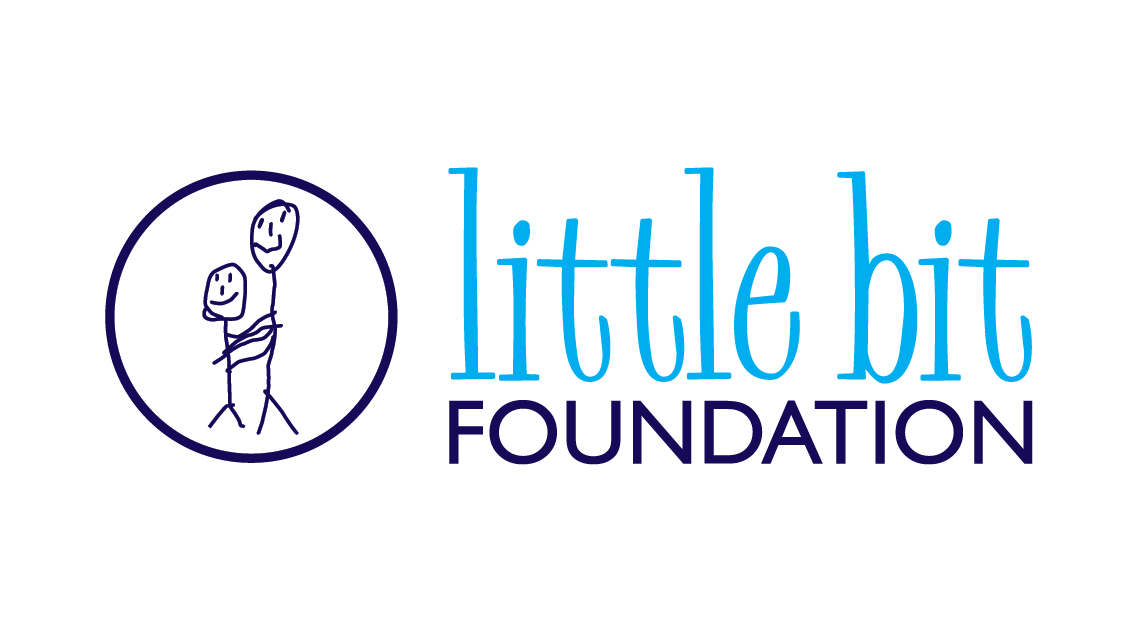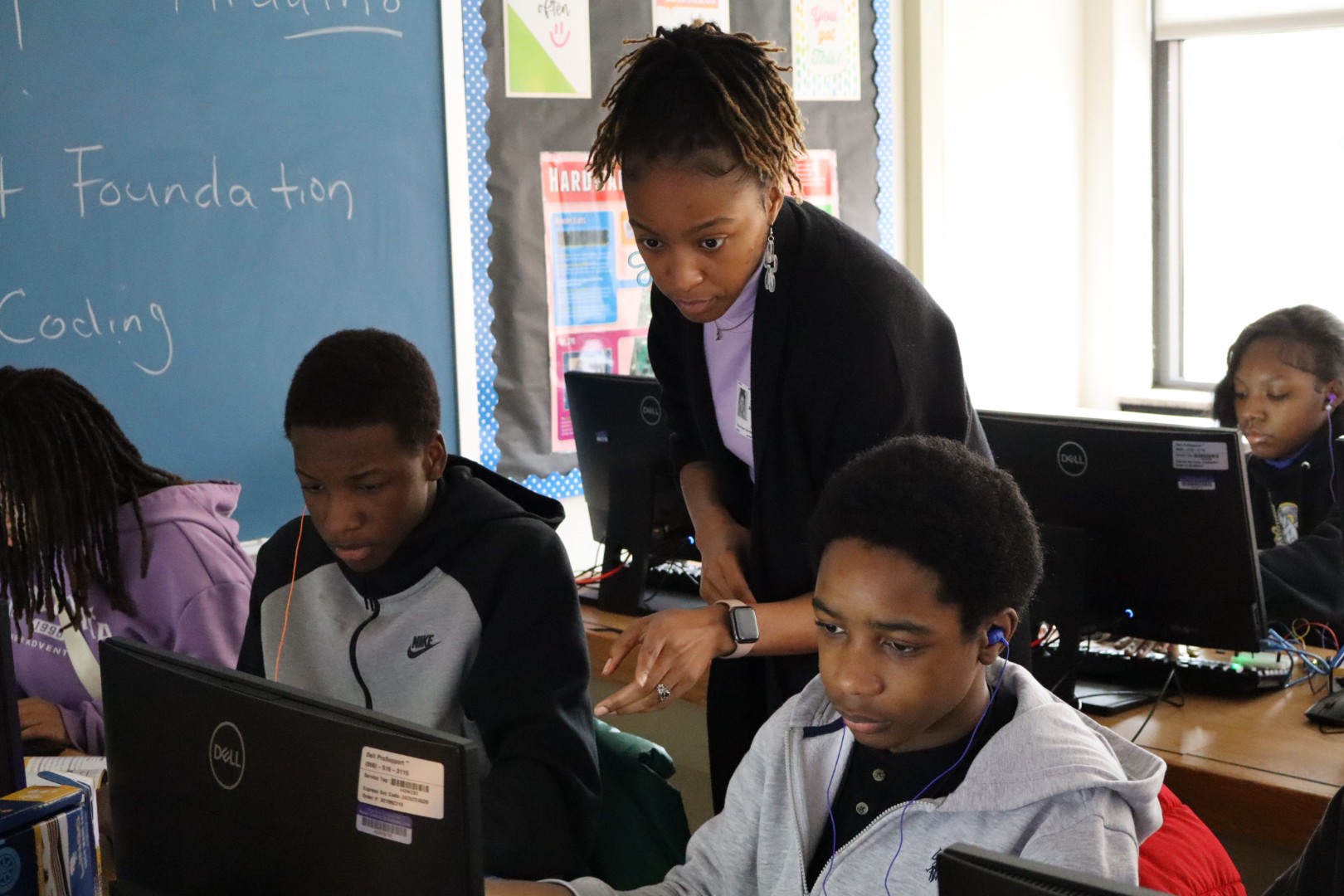“Our kids need light to illuminate all of their possibilities and opportunities that inspire them to think outside of the box,” says Anessa Keys-Mitchell, Little Bit Academic Enrichment Coordinator.
Keys-Mitchell is part of a team bringing academic enrichment programming to our partner schools, focused on literacy and STEM learning. This includes book fairs twice a year in each school, a Books and Buddies program for early readers, LINGO, which is a hands-on coding kit students use to build functional prototypes, and the FIRST® LEGO® League.
“Not only are these programs expanding learning, but we know they are boosting confidence in students that sometimes fall victim to circumstances, society, or thoughts that pigeonhole them,” she says.
Over the course of the last school year, Keys-Mitchell has witnessed this confidence boost when students felt “okay to challenge themselves,” she says. “During the first couple of sessions of FIRST LEGO League, the teams are a little shy with each other, but soon are bonding and problem solving and creating together – it’s a beautiful thing to see.” She says the anxiety bubbled up again when it was time for teams to compete in the end-of-year challenge, but “I assured them that it was nothing to worry about; it was going to be fun and the officials and judges were only there to offer them feedback and advice. They all ended up doing great.”
During book fairs, Little Bit staff and volunteers help students find books that excite them and they will want to read, she says. “I also try to steer them towards books that will challenge them: ‘maybe you can’t read all of it now, but let’s take it one word at a time,’ I’ll tell them.” (Keys-Mitchell gives credit to her fellow academic enrichment coordinator with a background in teaching, Destini Barbee, who she says has ensured robust literacy programming filled with books that students are seeking.)
With LINGO, she says the message is how far technology and coding can take you, but also that trial and error is okay. “Sometimes they’ll have their hand up to ask a question, and then put it down and decide to figure it out.” At Westview Middle School, Keys-Mitchell found students “all in,” wanting to stay beyond the bell to work on their prototypes, and asking, “I wonder what would happen if I do this. That’s what STEM is all about.”
She says that Little Bit academic enrichment programming is all about planting seeds and is “only the beginning of all they can learn and accomplish.”

